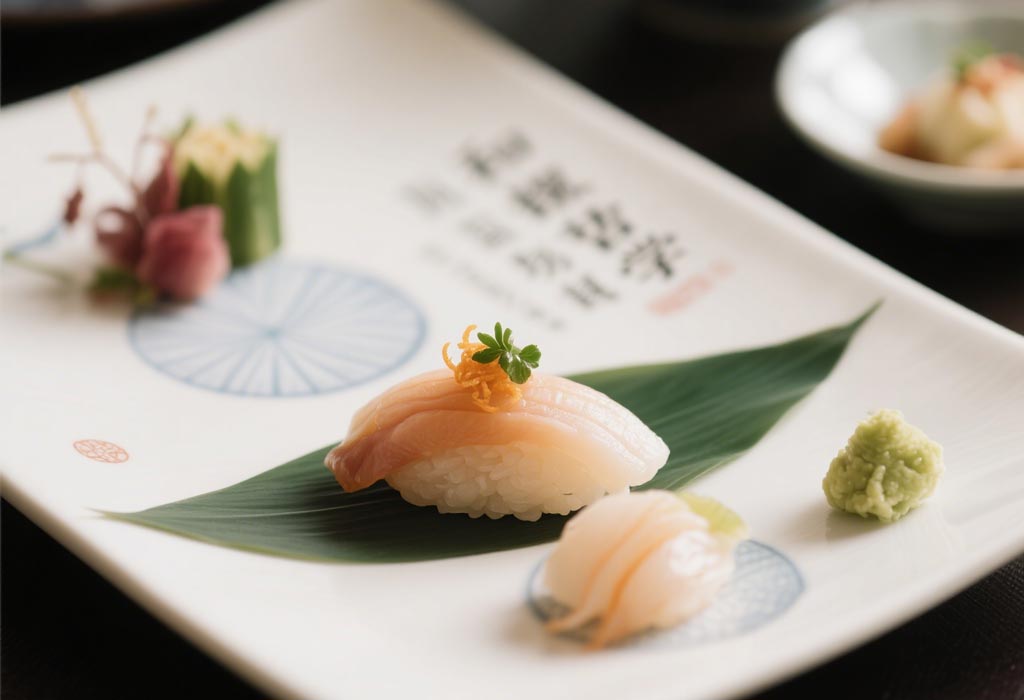In the fast – paced world we live in, hobbies and leisure activities have taken on an increasingly important role. Far from being mere pastimes, they offer a plethora of benefits that contribute significantly to our overall well – being. This article delves into how engaging in hobbies and leisure pursuits can have a profound impact on our mental, emotional, and physical health.
Mental health is one of the primary areas where hobbies and leisure activities make a difference. For instance, activities like reading can transport us to different worlds, allowing us to escape the stress of daily life. A good book can stimulate our imagination, expand our vocabulary, and enhance our cognitive abilities. Reading also helps in reducing stress levels. When we immerse ourselves in a story, our mind is diverted from the worries and pressures that may be plaguing us. According to research, just 30 minutes of reading a day can lower stress levels by up to 68%, as it forces our minds to focus on the text, thereby calming our thoughts.
Another hobby that has a positive impact on mental health is painting. Painting is a form of self – expression. It allows us to channel our emotions, whether they are joy, sadness, or frustration, onto the canvas. Many people find that the process of creating art is therapeutic. It gives them a sense of control and accomplishment. In fact, art therapy has been used in clinical settings to help patients deal with mental health issues such as depression, anxiety, and trauma. By expressing themselves through art, individuals can gain a better understanding of their emotions and work towards healing.
Leisure activities also play a crucial role in enhancing our emotional well – being. Social hobbies, like joining a book club or a sports team, provide opportunities for human connection. In a book club, members can discuss their thoughts and feelings about the books they’ve read, sharing different perspectives and building relationships. This sense of community and belonging is essential for emotional health. It helps combat feelings of loneliness and isolation, which are increasingly prevalent in modern society. Similarly, participating in team sports such as soccer or basketball not only promotes physical activity but also fosters a sense of camaraderie. The shared goals, the celebrations of victory, and the support during defeats all contribute to a positive emotional state.
Physical health is yet another area where hobbies and leisure pursuits prove beneficial. Gardening, for example, is a hobby that combines physical activity with a connection to nature. Digging, planting, weeding, and watering are all forms of light exercise that can improve strength, flexibility, and endurance. Spending time in the garden also exposes us to fresh air and sunlight, which are important for vitamin D synthesis. Vitamin D is essential for bone health and also plays a role in mood regulation. Moreover, hobbies like hiking and cycling are excellent forms of cardiovascular exercise. Hiking allows us to explore the great outdoors, enjoy beautiful scenery, and get a full – body workout. Cycling, whether on a mountain bike through rugged terrains or a road bike on city streets, improves heart health, builds leg muscles, and increases lung capacity.
In addition to the direct health benefits, hobbies and leisure activities can also have a positive impact on our work and academic performance. Taking regular breaks from work or study to engage in a hobby can improve productivity. When we return to our tasks after a period of relaxation, our minds are refreshed, and we are more focused. For students, having a hobby can also enhance time management skills. They learn to balance their academic responsibilities with their leisure activities, which is an important life skill.
In conclusion, hobbies and leisure activities are much more than just ways to pass the time. They are powerful tools for improving our mental, emotional, and physical health. Whether it’s through the stress – relieving power of reading, the self – expression of painting, the social connection of joining a club, or the physical exercise of gardening, these activities offer a wide range of benefits. In a world filled with stress and constant demands, making time for hobbies and leisure is not a luxury but a necessity for a healthy and fulfilling life.

















